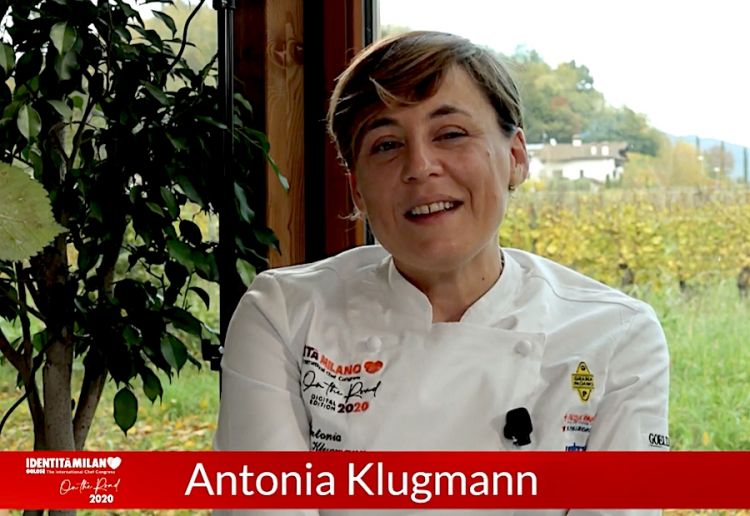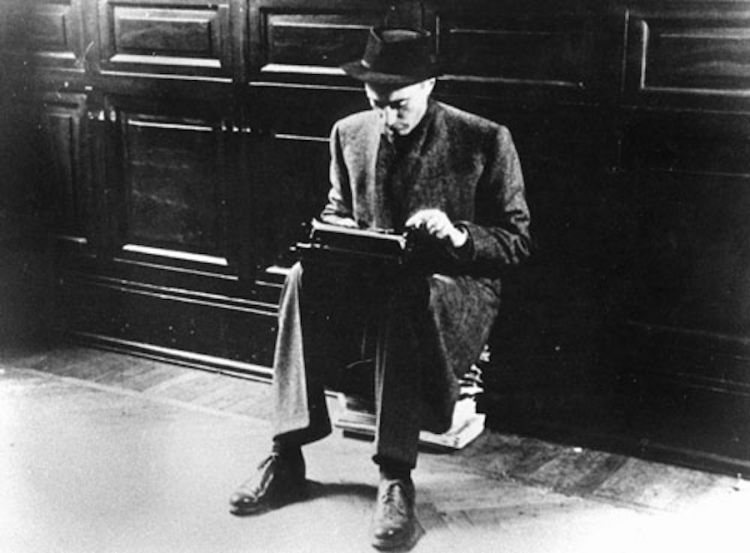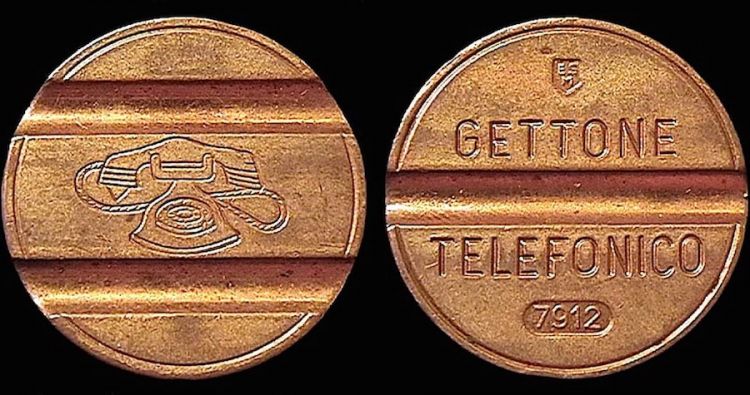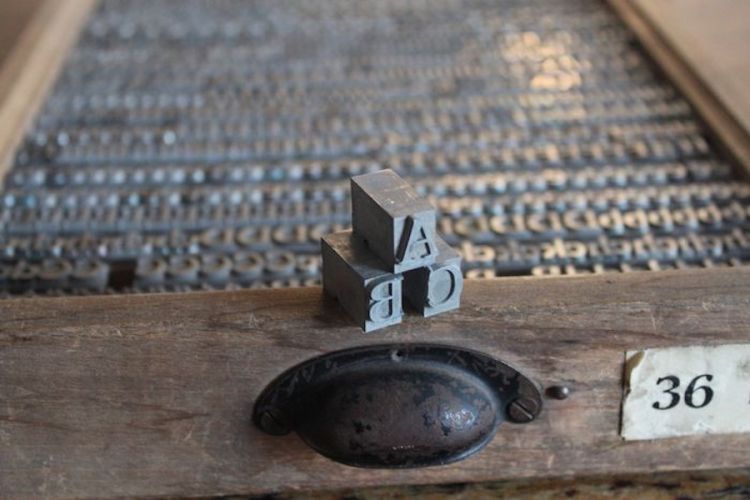A very difficult exercise is giving depth to time, putting novelties in the right context, believing that something new cannot be soon or later overcome, and then forgotten in the long run. All that today seems extraordinary to us, in the future will no longer be so and there will be generations who won't even know what it was. But this is something we'll understand later, most of the times.
And now that we at Identità Golose have given life to Identità on the road to get rid of the tyranny of Covid which is forcing us to a constant pit-stop, I relive the memories of the many moments on the road. I think of when I was travelling on business, which I automatically compare to the experience I've had while recording some twenty episodes between Milan and Castel di Sangro. I was not alone. The marathon also included Carlo Passera, who travelled between Padua and the border with Slovenia, and Gabriele Zanatta, brilliant in his appearance in Modena.

Antonia Klugmann, chef of the year according to Identità on the road 2020. Chef, not female chef
In practice, what with my forty years as sports reporter and my food-present, I can confirm that the number of wheels in a car has not changed. They were, and still are, four. Everything else is different, though. Impossible to say whether for better or for worse. What's important is the feelings, the emotions, the difficulties, the doubts felt in every singled moment. What's crucial is to give a chronicle of what we experienced.
I'll make an example that fits well with the world of news, in its widest sense. Today it seems impossible not to have a smartphone, an instrument that has the early mobile phones now look like coffee grinders. The same for laptops compared to desktops. But in the Eighties there was only the landline, with telephones placed on tables or desks, and the typewriter was mechanical, like Indro Montanelli's legendary Olivetti Lettera 22. And those very objects that today seem antique had the same huge impact of current avantgarde products.
In the end, what Antoine De Saint-Exupéry wrote in the dedication of the Little Prince to his best friend Leone Werth applies: «I will dedicate this book to the child this great person has been. Every adult has been a child once (but few remember this)». The truth lies in these words: few remember this or, I'll add, research this.
Of two things I'm sure: a trip of Italy like the one for Identità on the road would have been impossible a dozen years ago. Travelling across Italy, up and down for seven days: this was something you could do for fun, but not on business. It's the result of technologies that didn't exist. My second certainty: privacy is now only a hypothesis. We're constantly monitored. And we're less free because we are connected even when we believe we have switched off the iPhone.

Indro Montanelli in the headquarters of Corriere della Sera in Via Solferino in Milan, or right after the war in Finland, in 1940 or back from the protests in Budapest in 1970. Fedele Toscani took this famous photo. On Montanelli's knees his Olivetti MP1, the first portable model from the producers in Ivrea
I'll outline the typical day of a sports reporter to understand what a different world it was for many like myself, all over 50 years old now. I'll stress I'm speaking of sports reporters because it was/is the only reporter in a newspaper who would travel constantly. You either went in person where they were training or playing or competing, or there was no other direct way to cover the event. And this applied for both the good and less good reporters. In this sense television and social networks have destroyed everything. In this new century, the presence of the reporter is no longer essential. You can follow everything from the office. In fact you must. And social networks are a source of info, something that if
Gianni Brera or
Beppe Viola knew, they'd turn in the grave.
There could be endless examples. One above all: writing an article in a stadium and sending it to the editorial office. My very first piece was on the 25th of May 1975, I had turned 20 two months earlier. I covered Brescia-Como 0-0 for the Monday edition of Corriere della Sera. Basically, since the beginning of the week you knew which match you would follow on the Sunday. And it was on the Sunday because at the time football matches took place only on Sundays at 14.30, and the European cups were always at 20.30 on the Wednesday.
Working for the newspaper granted you a place in the tribune and access to the press room. Once the match was over, you'd call the office and report on the key facts, they told you how many lines you had to write, and you started working. The day basically began towards the evening. Once you had finished the piece you had to dictate it. No mobile phones. It was done through the switchboard. Each stadium had its own. And there were never enough lines. You queued and waited, for how long it depended, for it may also happen that once you finally managed to call Milan, nobody was ready to record your article.

Record, indeed, because when you had finished dictating, and hence working and you could go back home, your piece had a very long journey to take before being printed. Follow me and don't laugh out of surprise. This was how it was, once. The person who had recorded your lines, had to listen to them again and print them. Four copies on carbon copy and only one for the editorial office where a colleague then read it, fixed it and added the title. Only then the piece, the title, the summary and the table with the points plus photos and captions when necessary, would go to the typographer. The typographer then would reprint everything, and finally put it in the system. Ready for the page.
If all these steps surprise you, bear in mind that this was the case even with night games, when to make it shorter you would dictate without writing before, if not some notes. This is why when our work was transferred on computers, desktops in the editorial office and laptops when travelling, all these steps disappeared (and so did stenographers and typographers). But the first edition of the issue of the following day would always closes at 11 pm. This should have made everyone suspicious.

In a way, moving to computers was a conquest, getting rid of the dictatorship of an obsolete system. But it was also the beginning of the end of a way of being a journalist. Which led to journalists becoming a species ready to be safeguarded by the WWF, opening to completely different roles which not necessarily have anything to do with journalism. Montanelli was capable of influencing elections, but he was not an influencer. Even though, were he a young man now, he would be as striking with a smartphone as he was with his beloved Lettera 22.
Translated into English by Slawka G. Scarso